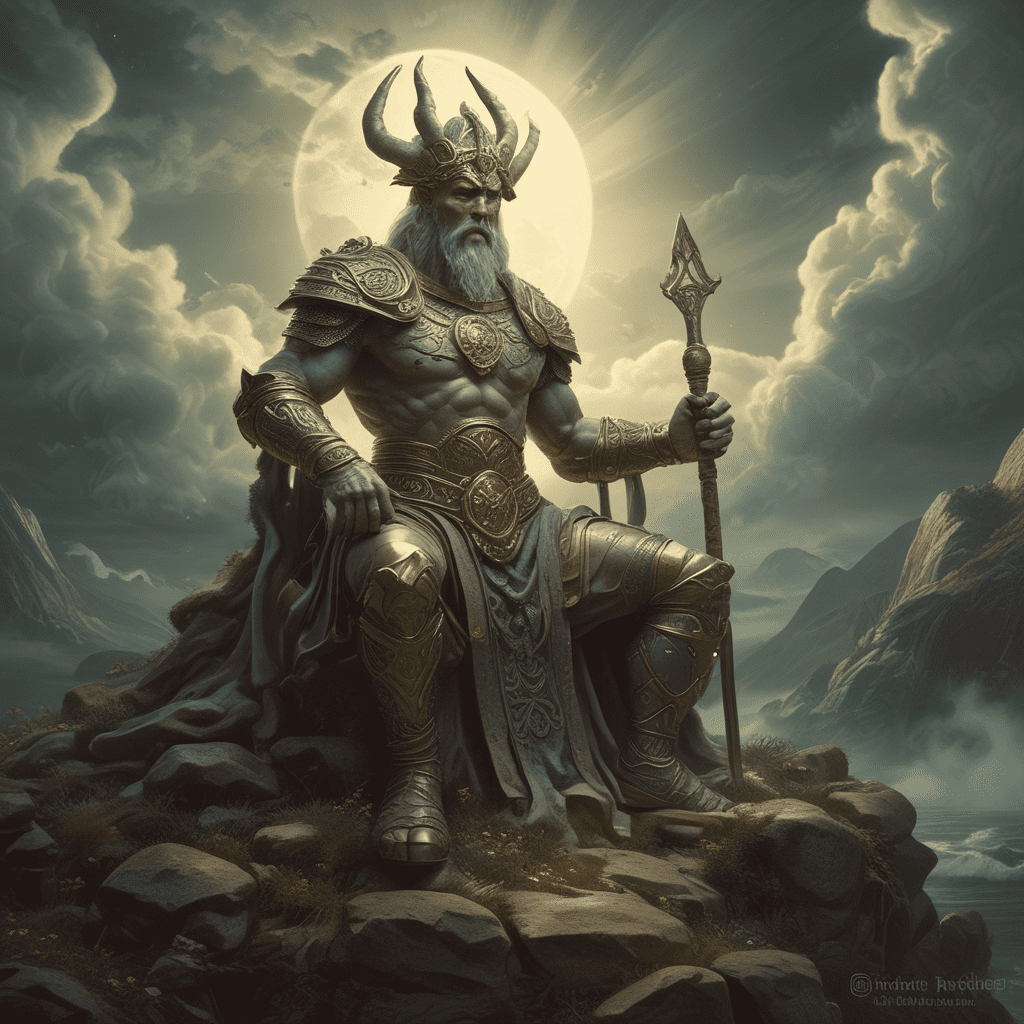The Influence of Gaulish Mythology on Celtic Stories
Gaulish mythology, originating from the ancient Celtic tribes in the region that is now modern-day France, played a significant role in shaping the rich tapestry of Celtic stories and legends. Let’s delve into how Gaulish mythology influenced and intertwined with Celtic folklore.
What is Gaulish Mythology?
Gaulish mythology refers to the beliefs, rituals, and stories of the Celtic tribes that existed in Gaul, an area that spanned from the Mediterranean to Brittany. The Gauls worshipped a pantheon of deities, with some parallels to other Celtic beliefs but also distinct in their own right. Deities such as Lugus, Epona, and Cernunnos featured prominently in Gaulish myths, each representing different aspects of life and nature.
How did Gaulish Mythology Influence Celtic Stories?
The proximity and interactions between Gaulish and other Celtic tribes led to a blending of mythological elements. Gaulish deities often found their way into Celtic stories, sometimes with variations in names or attributes. This cross-pollination enriched Celtic folklore, adding depth and complexity to the tales passed down through generations.
Examples of Gaulish Influence in Celtic Stories
One striking example of Gaulish influence on Celtic stories is the connection between the Gaulish god Cernunnos, associated with nature and fertility, and the Celtic deity known as the Horned God. Both figures depict a horned being linked to wildlife and the natural world, showcasing the fusion of Gaulish and Celtic mythologies.
Additionally, the Gaulish horse goddess Epona made her way into Celtic mythology, resonating with Celtic horse-related beliefs and symbolizing fertility, sovereignty, and protection. This seamless incorporation highlights how Gaulish myths enhanced the narrative landscape of the Celts.
The Legacy of Gaulish Mythology in Celtic Tales
Even as time passed and cultures evolved, the echoes of Gaulish mythology can still be heard in modern interpretations of Celtic stories. The enduring influence of Gaulish deities and narratives serves as a testament to the interconnectedness of mythologies and the enduring power of these ancient tales.
FAQ about Gaulish Mythology’s Influence on Celtic Stories
What is Gaulish Mythology?
Gaulish mythology refers to the beliefs, tales, and deities of the ancient Celtic peoples in the region that is now known as France. It encompasses a rich tapestry of legends, gods, and folklore unique to the Gauls.
How did Gaulish Mythology influence Celtic Stories?
Gaulish mythology heavily influenced Celtic stories through shared deities, themes, and cultural elements. Many Gaulish myths were integrated into Celtic storytelling, enriching the overall Celtic mythological tradition.
Which Gaulish Deities had a significant impact on Celtic Stories?
Deities such as Cernunnos, Epona, and Toutatis from Gaulish mythology played crucial roles in shaping Celtic stories. Their attributes, symbols, and legends were often intertwined with those of Celtic gods and goddesses.
What are some examples of Gaulish Mythology in Celtic Stories?
Stories like the tale of the Horned God, which is connected to Cernunnos in Gaulish mythology, or the reverence of horses linked to the Gaulish goddess Epona, are notable instances of Gaulish influences in Celtic narratives.





